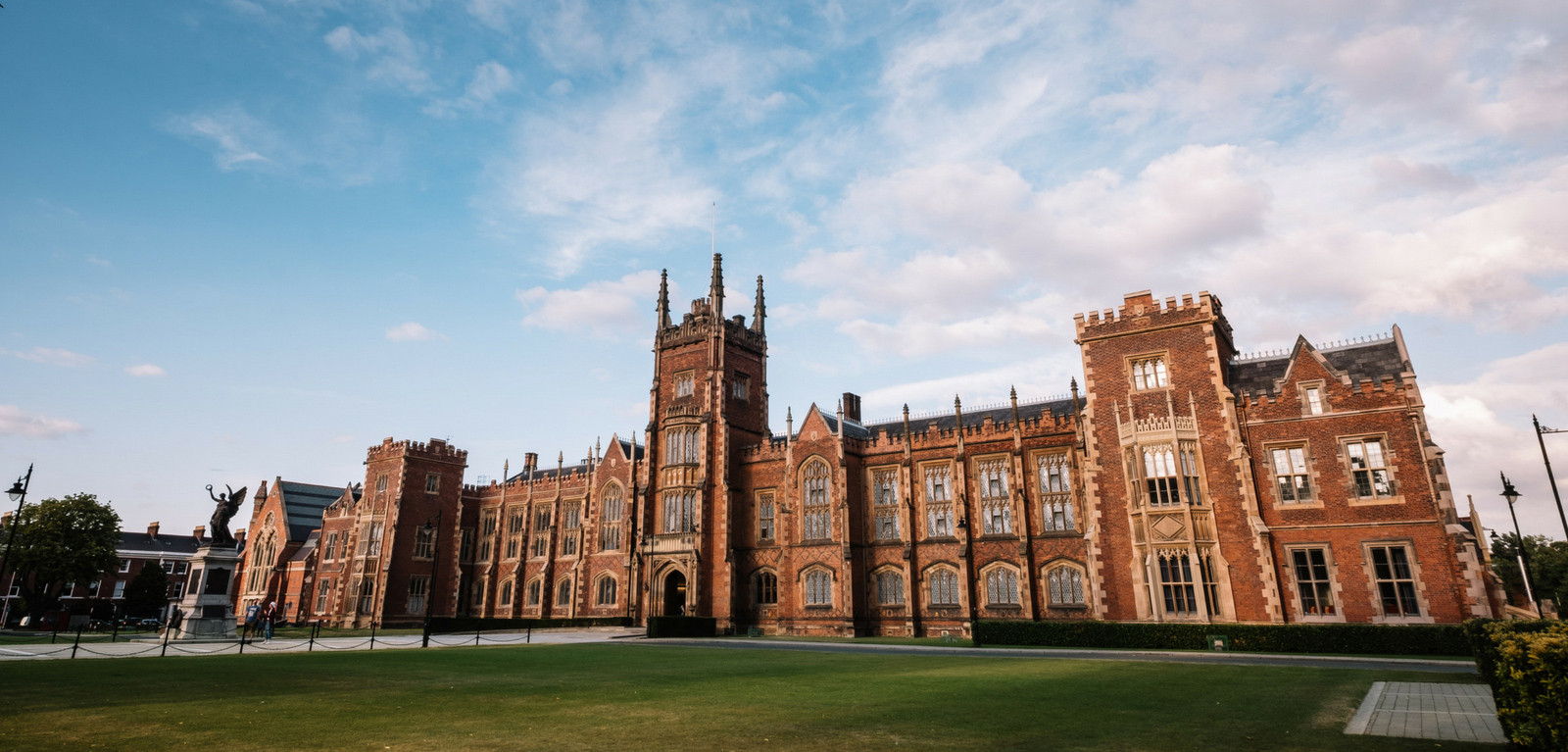Researchers examining history of Mother and baby homes in NI make final appeal for volunteers
The research team examining the history of mother and baby homes and Magdalene laundries in Northern Ireland is making a final appeal for oral history volunteers.

The researchers from Queen's University Belfast and Ulster University are also examining archive records held by the state, churches and relevant voluntary organisations with the primary task of preparing a detailed report on the day-to-day operation and practices within Northern Ireland’s mother and baby homes and Magdalene laundries. However, it is the project’s oral element that is the subject of a final appeal to the public.
The researchers are particularly keen to hear from anyone with knowledge of the now closed laundries at the Good Shepherd Convent on the Armagh Road, Newry, the Good Shepherd Convent on Belfast’s Ormeau Road and the Good Shepherd Convent on the Waterside in Derry/Londonderry. They are also interested in hearing from anyone with experience of the industrial home at Thorndale House Belfast, which was operated by the Salvation Army.
The team began its work in March 2018 and is due to complete its task in June this year. The project was commissioned by the Department of Health in response to calls from campaign groups, such as Birth Mothers for Justice and Amnesty International, for an investigation of serious allegations about the mistreatment of unmarried mothers in the past. The project is led by Dr Leanne McCormick, from Ulster University, and Professor Sean O’Connell from Queen’s University Belfast.
Dr McCormick explained: “With only a couple of months remaining, we still feel there is more to learn about life in the laundries run by the Good Shepherd Sisters as well as the Salvation Army’s Thorndale House. We appreciate that it might not be easy for women to come forward to speak about their experiences of these institutions. No one became a resident within them for happy reasons. However, those who have come forward to record an interview have generally welcomed the fact that someone is finally listening to them.”
Professor O’Connell added: “Women were placed in these institutions for a variety of reasons. Some were sent to them by the courts on probation or on remand and may have stayed for very short periods. However, we would welcome their memories of what they saw and experienced in the Good Shepherd laundries or at Thorndale House. They have a valuable perspective on what living and working conditions were like in these institutions. Other women entered these institutions via mother and baby homes, or by arrangement with social services, or via their own family. We need to record as many accounts as possible in order to offer the richest possible history of the Good Shepherd laundries and of Thorndale House.”
The research team will offer a supportive environment for those who want to share their personal testimony. They guarantee the anonymity of anyone who comes forward to speak. “We appreciate that it will be difficult for people to come forward to speak about very personal matters but this is a history that cannot be understood fully until their voices are heard,” said Dr McCormick.
The research teams also wants to hear from anyone with other perspectives on the Good Shepherd laundries or Thorndale House. Individuals in this category include: those who lived close to them; those who were employed by them in some capacity; and those who came into contact with them in a work capacity (perhaps as a delivery driver, a social worker, a probation officer, a police officer, a doctor etc.)
To contact the research team, please email: MBHML@qub.ac.uk, or phone +44 (0)28 9097 3153
ENDS...
Professor Sean O'Connell
View ProfileMedia
Media enquiries to Zara McBrearty at Queen’s Communications Office on +44 (0)28 9097 3259 or email: z.mcbrearty@qub.ac.uk.